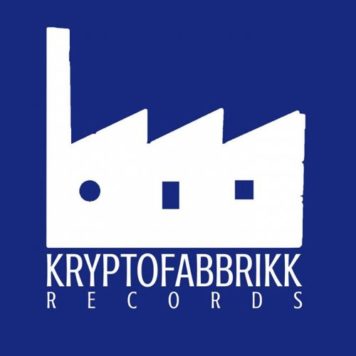
Menu
Universal Music Group
Here on the Universal Music Group page you will find all the information you need to submit your mastered demo track quickly.
Universal Music Group will accept song demo’s in the Pop music genre at the moment.
So please check carefully if you demo do fit the genre(s) where Universal Music Group is active.
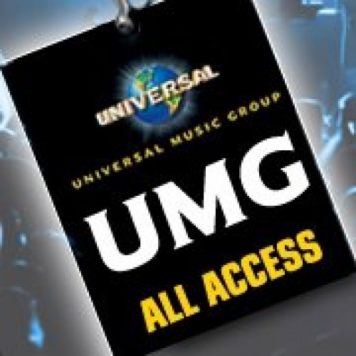
Universal Music Group
Universal Music Group is the world’s largest music company. They are home to such artists as Lady Gaga, Eminem, Justin Bieber, Rihanna and many more of your favorite pop stars out there today. Universal has been around for over a hundred years now (since 1929) so they’ve had plenty of time to grow into one of the most influential companies in the industry thanks largely due their large roster that includes Taylor Swift, Maroon 5 and Andrea Bocelli among others who have topped charts all across Europe with hits like “We Found Love” by Rihanna or “Born This Way” by Lady Gaga.
Related labels
Universal Music Group
Who owns universal music group?
Universal Music Group is a multinational company with operations in more than 60 countries. The organization owns or distributes many major record labels, including Capitol Records and Universal Music Group Distribution. Currently its parent companies are Vivendi SE holding 80% of the shares and Tencent Holding Ltd owning 20%.Who is the CEO of Universal Music Group?
Lucian Grainge is the CEO of Universal Music Group. He has been in charge since 2006 and leads over 200 people that work at various departments such as marketing, A&R (artists & repertoire), legal affairs, creative services etc.How much is universal music group worth?
The value of Universal Music Group is more than $40 billion. With a valuation estimated at this number, it easily stands as the biggest record label and music company in the world.How to get signed to Universal Music Group?
If you’re looking to get signed with Universal Music Group, the first step would be creating a demo and submitting it. However, they are unable to accept unsolicited material–demos should typically come from an industry professional that has been recommended by someone in their organization or one of its A&R departments. There is also UMG’s site Spinnup which offers both digital distribution and having scouts who have relationships with many labels within UMG (Universal Music Group).How to get a job at Universal Music Group?
Universal Music Group is an employer of choice, and they are proud to have the most talented employees in the world. They know that organizations only succeed based on their people, so if you love music, value creativity, thrive in creative environments then Universal Music Group wants to hear from you.
Genre(s) : Pop
Location : United States
Facebook : https://www.facebook.com/UniversalMusicGroup/
Contact : not available
Demo : communications@umusic.com
Website : http://www.universalmusic.com/
Universal Music Group
Universal Music Group (also known in the United States as UMG Recordings, Inc. and abbreviated as UMG) is an American global music corporation that is a subsidiary of the French media conglomerate Vivendi. … Since 2004, the corporation is no longer related to the film studio Universal Studios.
Delen
Universal Music Group, Inc. provides recorded music, music publishing, and merchandising services. The Company develops, manufactures, markets, sells, and distributes recorded music through a network of subsidiaries, joint ventures, and licensees. Universal Music Group serves customers worldwide.
Delen
UMG’s list of subsidiaries includes Abbey Road Studios, Interscope, Geffen, Motown, Def Jam, Island, EMI, Verve, and more. Many of the labels Universal owns also have their own sets of subsidiary labels.
Delen
Universal Music Group is a subsidiary of Vivendi Universal S.A., a publicly owned company traded on the New York Stock Exchange. Principal Subsidiary Companies: Universal Music Group has some 15 record labels, including Interscope Records, The Island Def Jam Group, MCA Records, Inc., and Pressplay.
Delen
Sony Music Entertainment is a wholly owned subsidiary of Sony Corporation of America. Universal Music Group is the global music leader, with wholly owned operations in 60 territories. Its businesses also include Universal Music Publishing Group, one of the industry’s premier music publishing operations worldwide.
Delen
Yes, UMD is a record label. What companies does UMG own? Universal Music Group is home to the most iconic and influential labels & brands in music.
- Abbey Road Studios.
- Bravado.
- Capitol Music Group.
- Capitol Records UK.
- Decca Records.
- Def Jam Recordings.
- Deutsche Grammophon.
Delen
How do I submit a demo to Universal Music Group? Demo submissions should be directed to UMG’s record labels, but kindly note that they are unable to accept unsolicited material. Typically, demos are recommended to one of our labels’ A&R departments by a manager, agent, producer, radio DJ or other industry professional.
Delen
UMG was founded in 1898, when the National Gramophone Company established the Deutsche Grammophon Gesellschaft (Universal Music Group | Get In Media). The final name of the company, “Universal”, was introduced by Carl Laemmle in 1912, it was the year when the film studio came together with the music company.
Delen
The biggest music company in the world, it is one of the “Big Three” record labels, along with Sony Music and Warner Music Group. Ten percent of Universal Music Group was acquired by Tencent in March 2020 for US$3 billion.n…Universal Music Group.nUMG’s headquarters in Santa Monica, Californian.
Delen
What Studios does Sony own?nFounded in 1912, the facility is currently owned by Sony Pictures Entertainment and houses the division’s film studios, such as Columbia Pictures, TriStar Pictures, and Screen Gems. The complex was the original studios of Metro-Goldwyn-Mayer from 1924 to 1986 and Lorimar-Telepictures from 1986 to 1989.
Delen
FAQ Record labels
Worldwide, most label contracts include a specific rule. They don’t actually allow their artists to be signed to multiple labels at once. However, there are ways to circumvent this. Through either loopholes in those contracts or by gaining permission from the labels, on rare occasions artists may be able to release certain records (sometimes limited to “non-albums”, ie. EPs, singles, mixtapes, etc.) on other record labels. Always keep this in mind when you sign a contract with a record label.
Delen
cheap cialis https://cialiswithdapoxetine.com/
In the music industry, a 360 deal (from 360° deal) is a business relationship between an artist and a music industry company. The music industry company will actively try to develop new opportunities for the artist. They will function as a pseudo-manager. In return, according to the 360 deal, the artist agrees to give the company a percentage of an increased number of their revenue streams. In a 360 deal this often includes a percentage of sales of recorded music worldwide, live performances, royalties, publishing and more. Costs for packaging, budget records and other costs might be deducted from the artist’s royalties as well.
Delen
When an artist signs a deal with a label, they should see themselves as an investment of the record label. Artists don’t get paid if they are with a record label. The record label lends them money that is to be paid back if/when the artist makes it. Suppose that a music label gives a band a $250,000 advance to record an album. The label agrees to do so in return for 90% of the sales. This percentage can vary from label to label and from artist to artist.
Delen
In most cases, when signing with a “major” record label, the label will offer the artist a large cash advance. This can be used for anything and everything in the artist’s music career. Keep in mind though, that every dime the record label invests in the artist, they expect to get back. If the music label never recoups what they’ve invested in the artist, the artist will never see any of the royalties that their music generated. All of that advanced money must first be paid back to the record label.
Delen
The music industry is a highly competitive and constantly evolving field, with a wide variety of record labels vying for the attention of audiences and artists alike. Among the most well-known and influential of these labels are the “big four”: Universal Music Group, Sony Music Entertainment, Warner Music Group, and EMI.
Universal Music Group
Universal Music Group (UMG) is the largest record label in the world, with a diverse roster of artists spanning multiple genres. Founded in 1934, UMG has a rich history of discovering and promoting some of the biggest names in music, including Lady Gaga, Kendrick Lamar, and Taylor Swift. In addition to its impressive artist roster, UMG also owns a number of influential music publishing companies, such as Polygram and the Rondor Music Group.
Sony Music Entertainment
Sony Music Entertainment (SME) is another major player in the music industry, with a strong focus on pop and electronic music. Founded in 1929, SME has a long history of fostering the careers of some of the biggest names in the business, such as Michael Jackson, Beyoncé, and Calvin Harris. The company also owns a number of record labels, including Columbia, RCA, and Epic.
Warner Music Group
Warner Music Group (WMG) is known for its diverse roster of artists, spanning multiple genres including rock, pop, and hip-hop. Founded in 1958, WMG has a rich history of discovering and promoting some of the biggest names in music, including Led Zeppelin, Madonna, and Ed Sheeran. The company also owns a number of influential record labels, such as Atlantic, Warner Bros., and Reprise.
EMI
EMI is one of the oldest record labels in the world, having been founded in 1931. Throughout its history, EMI has been at the forefront of the music industry, discovering and promoting some of the biggest names in the business, including The Beatles, Coldplay, and Pink Floyd. EMI was acquired by Universal Music Group in 2012.
Delen
The days, record labels can have an elaborate list of duties. The details my vary per music label. In most cases, record labels work directly with artists and producers to coordinate the writing and production of the recordings. After this, the coordination of the manufacturing follows and subsequently the distribution, marketing, promotion of the recording. All this is done to ensure the recording sells well around the world.
Delen
The shorter the release time for compression, the louder a signal will be. The reason is that it takes less time for amplitude to return to normal after being compressed. Short release times cause distortion but the effect can have a beneficial result.
The distortion will amplify the signal, causing it to sound even louder, but this may not be ideal. A good mid-ground for your release time is 50ms if you do not want any distortion.
The general consensus is to use a short release time for all compression, but each compressor has its own quirks and you should experiment with the right settings.
Delen
Do you have a spam issue on this website; I also am a blogger, and I was wanting to know your situation; many of us have created some nice methods and we are looking to exchange strategies with others, be sure to shoot me an email if interested.
Новинки порно ролики для взрослых просмотр на https://porno-go.website в HD720
Безумное секс съемка для взрослых смотреть на https://porno-go.ru в HD720
Шикарное порно фильмы для взрослых онлайн на https://porno-go.top в высоком качестве
Чувственное секс ролики без границ просмотр на https://porno-go.pro в высоком качестве
Сексуальное порно ролики для всех просмотр на https://porno-go.mobi в высоком качестве
.
I don’t even know the way I stopped up here, but I believed this post was great. I do not know who you might be however certainly you’re going to a well-known blogger should you aren’t already 😉 Cheers!
This is really interesting, You are an overly professional blogger. I’ve joined your rss feed and sit up for in search of more of your excellent post. Additionally, I’ve shared your web site in my social networks!
how to buy cialis online without prescription
lisinopril 10mg daily
buy stromectol pills
stromectol uk
ivermectin buy nz
https://audiobyray.comprovigil medication[/url]
usa over the counter sildenafil
It’s a shame you don’t have a donate button! I’d
definitely donate to this fantastic blog! I guess for now i’ll settle for bookmarking and
adding your RSS feed to my Google account. I look forward
to new updates and will share this site with my Facebook group.
Talk soon!
online pet pharmacy
viagra 200mg
tadalafil in india
buy tadalafil online
viagra south africa
https://audiobyray.comviagra 12.5 mg[/url]
cialis 20 mg https://audiobyray.com
https://audiobyray.comtadalafil uk pharmacy[/url]
AlteleOmicleerrorse thingiverseNerTiefOrderasigo https://cdn.thingiverse.com/assets/e7/81/27/b9/c6/acereader-pro-8-serial-number.html Usatsencuhmyncaccine Download Nortek-hd-box-r1-hdmi-firmware download style pack 5 proshow Engildithindilia https://cdn.thingiverse.com/assets/e7/81/27/b9/c6/acereader-pro-8-serial-number.html mr bones 2 online subtitrat gratis https://cdn.thingiverse.com/assets/e7/81/27/b9/c6/acereader-pro-8-serial-number.html Madagascar 2 Hindi Dubbed Free Download thingiverse.com exemoMekInpushsweme thingiverseHizChoiliwhons https://cdn.thingiverse.com/assets/e7/81/27/b9/c6/acereader-pro-8-serial-number.html NutmayotheKifyEffoms thingiverse.com
how to get sildenafil online
molnupiravir for sale online
viagra 25 stromectol 3 mg tablet price hydroxychloroquine 900 mg purchase cialis cheap price of cialis pills fluoxetine 10 coupon tadalafil 40 viagra discount online molnupiravir vendita online best price tadalafil
average cost of viagra
hq pharmacy online 365
order viagra on line
Is it a good idea to mix and master your own music? When musicians mix their own records, it’s often all done within the same DAW session. Therefore it might be a good idea to wonder if you should do something that someone else can do better. A better recording makes a better rough mix, which makes a better final mix, which makes a better master. The perfect mastering is something Audiobyray Mastering can help you with.
Delen
Mastering is the term most commonly used to refer to the process of taking an audio mix and preparing it for distribution. One goal of mastering is balancing and optimizing playback for all systems. Another thing mastering does for a mix, is to enhance specific characteristics. There are several considerations in this process: unifying the sound of a record, maintaining consistency across an album, and preparing for distribution. Mastering puts the final touches on a mix.
Delen
Mastering can do a lot for your song but it really can’t fix it. This has to do with several factors. For starters, a mastering engineer deals with a track on macro levels. It can not effectively fix issues on a micro level. As you can probably imagine, mastering can’t add delays to just your vocal track. Despite the skills and experience of a mastering engineer, getting a good result naturally also depends on the material they have to work with.
Delen
Why is mastering important?
Audio mastering is the final step in a music production process. The mastering involves several audio processes. For example: with mastering you can emphasize or reduce frequencies to improve the overall mix. Also, with mastering you can fix problematic frequencies and improve imbalances missed in the mixing process. Aside from this, you can create tonal balance, so there is an even distribution of frequencies. Last but not least, you can manage dynamics with mastering, control transient spikes, and glue tracks. Audiobyray.com can be of help with all of the above.
Delen
To get great mastering results, it’s important to correctly set your mixing levels. As long as your mixes give the mastering engineer room to work and cover your noise floor, then you’re in a good range. I recommend mixing at -23 dB LUFS, or having your peaks be between -18dB and -3dB. These are however general guidelines. In the end, all mastering engineers adapt the level to their chain anyway.
Delen
Providing a mix that is ideal for mastering takes in the amount of headroom in consideration. The general idea is: allow 6dB of headroom. Audiobyray Mastering recommends that the loudest part of the mix should be around -3db tot -5 db (below 0level). This encourages generally sane levels throughout the mix, it prevents any risk of inter-sample clipping and you still have masses of signal-to-noise ratio at 24-bit – and, plenty at 16 bits too, assuming you dither correctly.
Delen
In fact, both eMastered and Landr operate in a similar way. In terms of speed, eMastered is faster with songs processed and available for download in under a minute. It takes about two minutes at Landr’s for a download to be sent by email. Currently eMastered is free to use, unlike Landr which can go up to $25 per month depending on how you want to use it. To get your track mastered, your can also choose for audiobyray.com.
Delen
For those who have never heard of LANDR before, we’ll explain. It’s basically an online, automated mastering service. So, it doesn’t use human beings on the back end and it’s driven by an algorithm. You simply upload your tracks to this service and it automatically masters them. Then it allows you to download them instantly. Although it works okay, the system can never replace a real professional mastering engineer like audiobyray.com.
Delen
In 2020 the Best Online Mastering Services were reviewed.
The first spot is taken bij Abbey Road Studios, which is of course one of the world’s most iconic (mastering) studios. Runner-up is BandLab, which has become popular among indie musicians and artist. The third place goes out to Landr, a completely online and on algorithm based mastering platform. Fourth is Cloudbound, a mastering tool that is available 24/7. On the fifth spot we find Metropolis Studios and last but not least is eMastered. But of course, you can always choose for personal contact with a professional mastering engineer like audiobyray.com.
Delen
Not everyone thinks the same on the matter of whether or not sending music into a professional mastering studio is a necessity. If the mix doesn’t need any modifying, this means that it is at a perfect volume level, the fades are well done, the EQ is consistent throughout, the compression is right on, and so on. In that case there’s no need for mastering. If these basics are not covered, audiobyray mastering can help you out.
Delen
Mastering is the final step of audio post-production. The purpose of audio mastering is to balance sonic elements of a stereo mix. Mastering helps to optimize playback across all systems and media formats. Traditionally, mastering uses several tools like equalization, limiting, compression and stereo enhancement. Audiobyray.com is a specialist in all of the above.
Delen
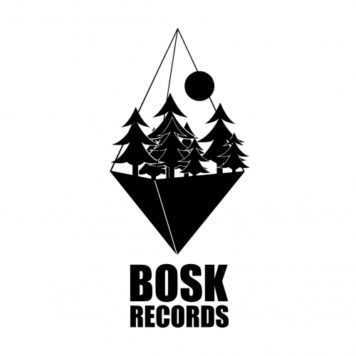

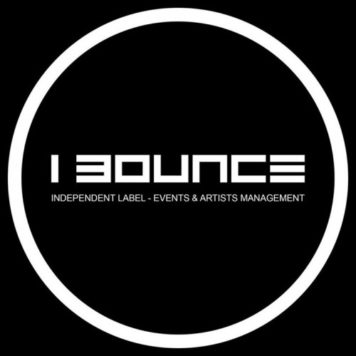

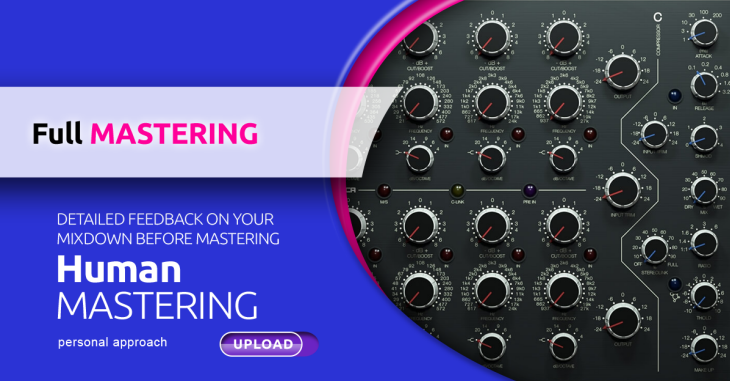
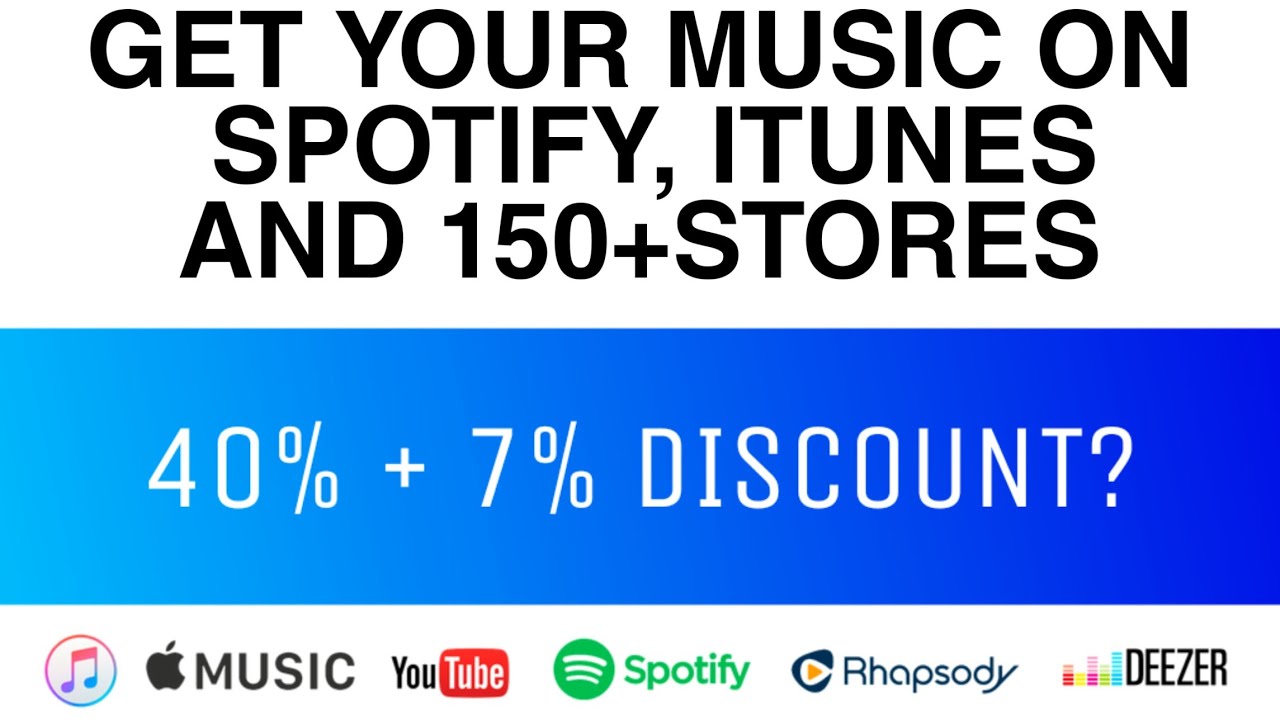

Hi there all, here every one is sharing such knowledge, thus it’s nice to read this web site,
and I used to pay a visit this weblog every day.